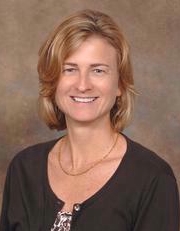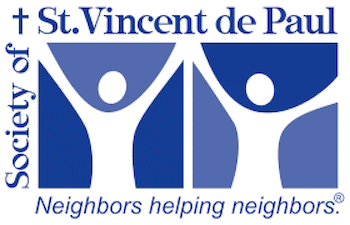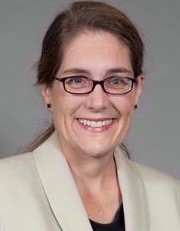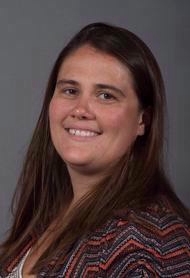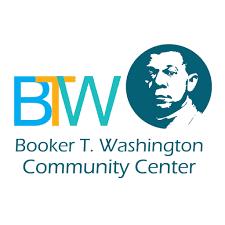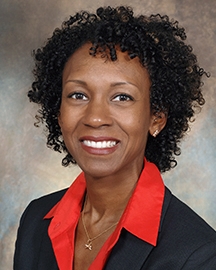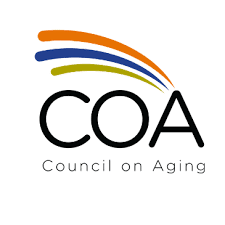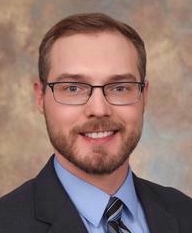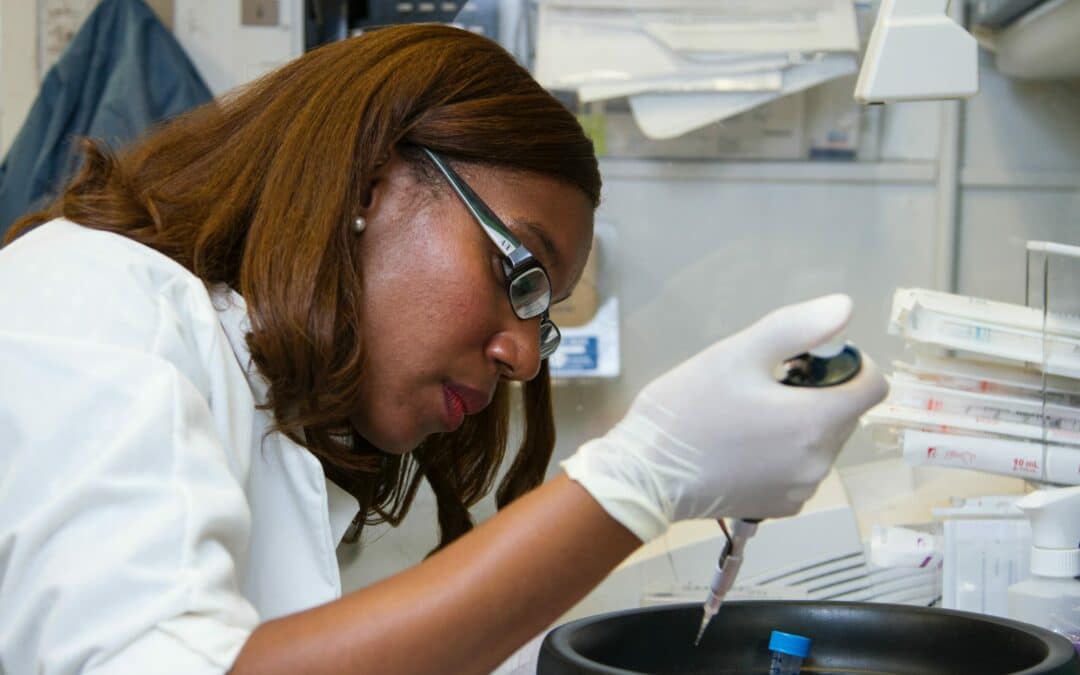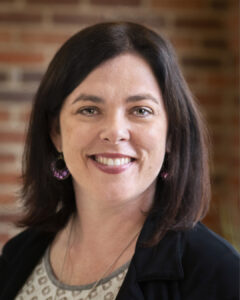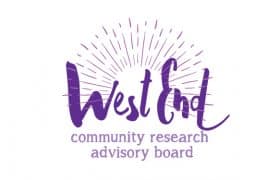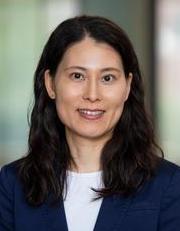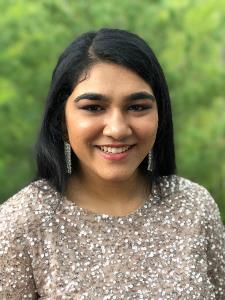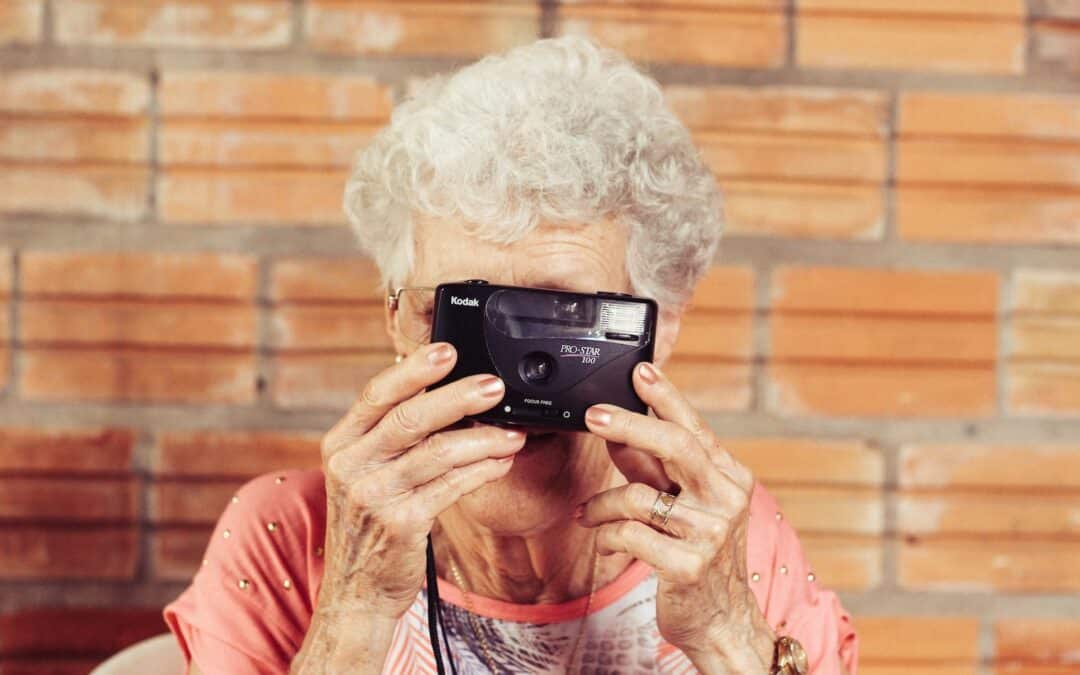
Virtual Virtuosity
Virtual Virtuosity
On-line musical experiences for persons with AD and their caregivers as a service-learning collaborative with music and medical studentsVirtual Virtuosity: On-line musical experiences for persons with AD and their caregivers as a service-learning collaborative with music and medical students
The study’s primary aim is to expand arts-based programming for an underserved population of cognitively impaired individuals in the Greater Cincinnati Region. Local arts-based services for aging populations overwhelmingly target those who are either cognitively unimpaired and, in the community, or cognitively impaired and in assisted living facilities. In the wake of the COVID-19 pandemic and the uncertain year ahead, in-person programming will be slow to return, and this virtual program fulfills a vital social need. The aim of the study is to assess resilience and social bonding between caregivers and persons with neurodegenerative disorders, and between students and community participants; and to explore the relationship between increased social connection and cognitive reserve among persons with neurodegenerative disorders.

Stefan Fiol
Faculty Partner
Professor
College – Conservatory of Music
Community Partner

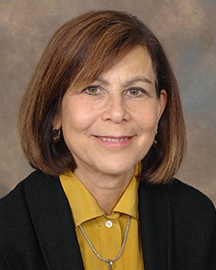
Rhonna Shatz, DO
Faculty Partner
UC Medical Director
Memory Disorders Center

